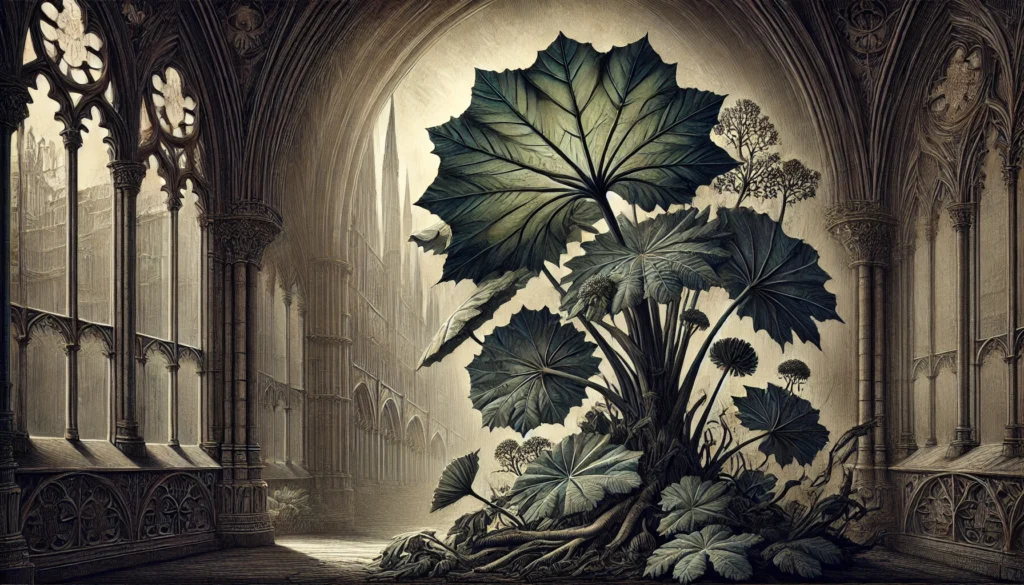

Home » Cat Plants » Umbrella Tree Plant Dangers: How It Can Harm Your Cat?

The Umbrella Tree (Brassaia actinophylla), also known as Schefflera, Australian Ivy Palm, Octopus Tree, or Starleaf, is a common houseplant that can be toxic to cats. While cats are not necessarily allergic to the Umbrella Tree, ingesting parts of this plant can cause poisoning in felines.
The Umbrella Tree contains potentially toxic substances such as terpenoids, saponins, and insoluble calcium oxalates, which can lead to adverse reactions in cats if consumed. This plant is commonly found as an indoor ornamental plant in homes and offices.
Ingestion may cause mild gastrointestinal upset, but is generally not life-threatening.
Ingestion can result in mild symptoms like vomiting, diarrhea, or drooling. Rarely fatal but may require veterinary care.
Eating these plants can lead to more pronounced symptoms like abdominal pain, lethargy, or difficulty breathing. Veterinary intervention may be necessary.
Ingesting even small amounts can cause severe symptoms like organ damage, seizures, or cardiac failure without rapid treatment.
All parts of these plants are extremely poisonous to cats and can quickly lead to death, even with immediate veterinary care.
** Please note: Please note that toxicity level can vary based on the amount ingested and the specific cat. It's always best to keep these plants completely inaccessible to cats and seek immediate veterinary care or call the poison hotline if you suspect your cat has ingested any part of a toxic plant.
If a cat ingests parts of the Umbrella Tree, they may experience various symptoms due to the plant’s toxic compounds. These symptoms can range from mild to severe, depending on the amount of the plant consumed and the individual cat’s sensitivity.Common symptoms of Umbrella Tree poisoning in cats include:
If you suspect your cat has ingested parts of an Umbrella Tree, it is crucial to seek veterinary care promptly. Your veterinarian will likely follow these steps to diagnose Umbrella Tree poisoning:

A: Yes, the Umbrella Tree (Brassaia actinophylla) is toxic to cats due to its saponins, which can cause vomiting, drooling, and other symptoms. If your cat ingests any part of this plant, contact your veterinarian immediately.
A: If a cat ingests the Umbrella Tree, symptoms may include vomiting, drooling, and lethargy. In severe cases, difficulty breathing or a loss of appetite could occur.
A: The Umbrella Tree is moderately toxic to pets, especially cats, and ingestion can lead to significant discomfort. However, prompt treatment usually prevents severe complications.
A: If your cat eats Umbrella Tree leaves, immediately remove any remaining plant material and contact your vet for advice. Monitoring your pet for symptoms like vomiting or excessive drooling is also important.
A: Yes, several pet-safe houseplants, such as the Spider Plant and Boston Fern, are excellent alternatives. These plants can add greenery to your home without posing a risk to your cat’s health.
A: To prevent your cat from chewing on toxic plants, keep these plants out of reach or choose non-toxic alternatives. You can also provide safe chewing options like cat grass to deter your cat from harmful plants.
The Umbrella Tree (Brassaia actinophylla) is native to the tropical regions of Australia and New Guinea. It belongs to the Araliaceae family, which includes other popular houseplants such as the Dwarf Umbrella Tree and the Fatsia japonica.
The Umbrella Tree was introduced as an ornamental plant in the 19th century and has since become a popular choice for indoor spaces due to its attractive foliage and ability to thrive in low-light conditions.
Please note: The information shared in this post is for informational purposes only and should not be considered as veterinary medical advice.
🐾 A hilarious or heart-melting cat video
🐾 Our latest paws-on review of a cool cat toy